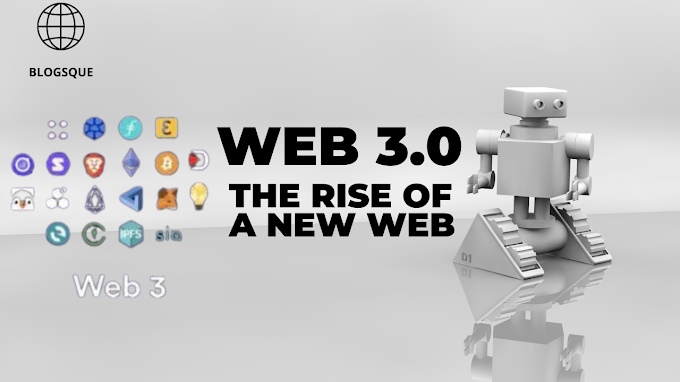
Introduction:
Education is a fundamental right and an important aspect of human development. It shapes individuals and prepares them for the future. It opens doors to new opportunities and enables people to reach their full potential. Education is a continuous process and can be formal or informal. It can take place in schools, universities, online, or through life experiences. In this article, we will delve into the different aspects of education and provide valuable insights on how to make the most of it.The Importance of Education
Education is crucial for personal, social, and economic development. It equips individuals with the knowledge, skills, and competencies needed to succeed in life. Education is also a key driver of social mobility and helps to reduce poverty and inequality. It empowers individuals to become active citizens and make informed decisions.
Types of Education
There are several types of education, including formal, informal, and non-formal education.
- Formal Education: Formal education takes place in a structured environment, such as a school or university. It is usually provided by trained teachers and follows a set curriculum.
- Informal Education: Informal education takes place outside of a structured environment and is not necessarily led by trained teachers. It can take place through life experiences, such as traveling, reading, and interacting with others.
- Non-formal Education: Non-formal education is a type of education that takes place outside of the formal education system. It is often more flexible and accessible, and can take place through programs and activities, such as workshops and training courses.
The Benefits of Education
There are many benefits to education, including:
- Personal Development: Education helps individuals to develop critical thinking skills, become more independent, and learn about their own interests and passions.
- Career Advancement: Education can open up new career opportunities and lead to higher salaries and better job security.
- Improved Health: Education is linked to better health outcomes, as individuals with higher levels of education are more likely to adopt healthy behaviors and have access to better health services.
- Civic Engagement: Education empowers individuals to become active citizens and make informed decisions, leading to a stronger and more democratic society.
- Economic Growth: Education is a key driver of economic growth, as it leads to a more skilled and productive workforce.
How to Make the Most of Your Education
To make the most of your education, it is important to:
- Set Goals: Set clear and realistic goals for your education and determine what you want to achieve.
- Stay Motivated: Stay motivated by finding inspiration in your studies and surrounding yourself with positive people who support your goals.
- Get Involved: Get involved in activities and organizations related to your field of study, such as clubs, societies, and volunteering opportunities.
- Seek Opportunities: Seek out opportunities to learn and grow, such as internships, workshops, and travel experiences.
- Stay Curious: Never stop learning and continue to expand your knowledge and skills throughout your life.
Conclusion:
In conclusion, education is a crucial aspect of human development and plays a vital role in shaping individuals and preparing them for the future. There are many different types of education, including formal, informal, and non-formal education, each with its own benefits and advantages. To make the most of your education, it is important to set goals, stay motivated, get involved, seek opportunities, and continue to learn and grow throughout your life. Education is a lifelong journey that opens doors to new opportunities, empowers individuals to reach their full potential, and contributes to personal, social, and economic development.Frequently Asked Questions
Q: Is education important? A: Yes, education is important as it equips individuals with the knowledge, skills, and competencies needed to succeed in life. It also helps to promote personal, social, and economic development and enables individuals to become active citizens and make informed decisions.
Q: What are the different types of education? A: The different types of education include formal education, which takes place in a structured environment such as a school or university; informal education, which takes place outside of a structured environment and is not necessarily led by trained teachers; and non-formal education, which is a type of education that takes place outside of the formal education system and is often more flexible and accessible.
Q: What are the benefits of education? A: The benefits of education include personal development, career advancement, improved health, civic engagement, and economic growth.
Q: How can I make the most of my education? A: To make the most of your education, it is important to set goals, stay motivated, get involved in activities and organizations related to your field of study, seek out opportunities to learn and grow, and never stop learning and expanding your knowledge and skills.
Q: Can education be acquired through life experiences? A: Yes, education can be acquired through life experiences as well as through formal and non-formal education. Informal education takes place outside of a structured environment and is not necessarily led by trained teachers.
Q: Is education necessary for personal and professional growth? A: Yes, education is necessary for personal and professional growth as it equips individuals with the knowledge, skills, and competencies needed to succeed in life and advance in their careers.


.png)





